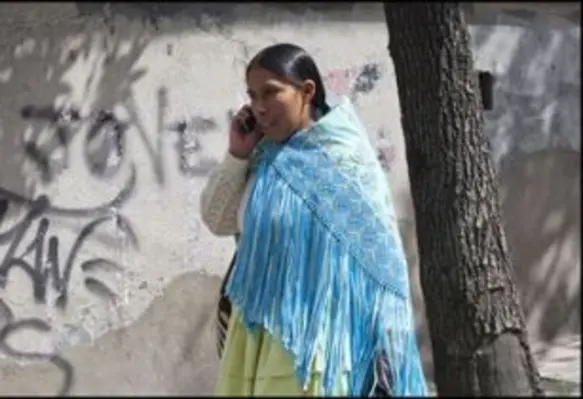Millicom has committed all its Tigo mobile operations in Latin America and Africa to the GSMA’s Connected Women Commitment Initiative, which aims to reduce the gender gap in mobile Internet and mobile money across low- and middle-income countries
The announcement was made within the framework of Mobile World Congress (MWC), the largest exhibition for mobile operators, device and technology innovators, and it marks Millicom as leading the way in gender equality in the telecommunications industry.
Since the GSMA, the mobile industry’s main trade body, created the initiative in 2016, Millicom has prioritised the Connected Women Commitments Initiative across its operations and has placed it at the heart of its business strategy.
Millicom was the first African operator to sign a commitment in February 2016, in Rwanda, and it worked with the GSMA to bring the initiative to Latin America, with Paraguay being the first operation to sign the commitment in that region in September 2016. The company has been adding each one of its operations to the initiative over the past two years.
Rachel Samrén, executive vice-president chief external affairs officer, said, “As a company, we are proud to lead the way in digital and financial inclusion not only for women but for everyone. Female customers represent a great business opportunity for Millicom and we are particularly proud of our involvement with the GSMA’s Connected Women Commitment Initiative. In our emerging markets, we have seen first-hand the economic and business benefits of closing the gender gap. Mobile operators have a unique opportunity, and indeed responsibility, to keep breaking down barriers for women, and support their integration into local economies.”
In practice, the commitment is reflected in several ambitious training programmes driven by each Tigo operation aimed at increasing the usage of mobile data and mobile money services by women such as, among others:
· In Guatemala, Tigo has been working in partnership with Sheva, a local organisation, to train women and girls in using mobile tools to improve their lives. Since May 2017, more than 10,000 have been trained through workshops.
· A similar project in Chad, in partnership with CELIAF, a local women’s association, aims to familiarise 16,000 women with information and communications technology tools.
· In El Salvador, Millicom has set itself an objective of training 100,000 women to use technology by 2020.
· In Honduras, Tigo trains women on how to use smartphones, create mobile money wallets and set up social media profiles to market their handicraft products, stimulating entrepreneurship and helping to grow the economies of their communities.






















